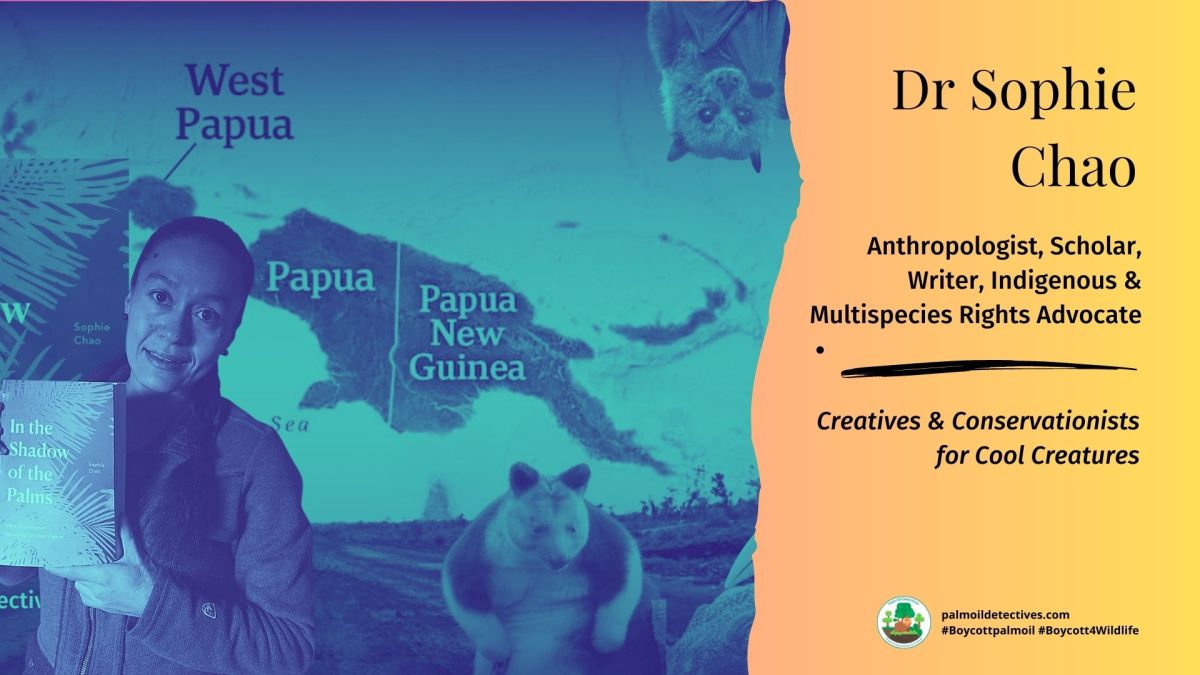Although #leopards are adaptable with a range over several continents, they are #extinct in places due to #palmoil #deforestation, #poaching and other threats. Help them every time you shop and #Boycottpalmoil #Boycott4Wildlife
Tweet
Sleek and splendid jungle royalty – #leopards are highly adaptable yet they are now #extinct in places due to #palmoil #deforestation, #poaching and other threats. Fight for them in the supermarket and be #vegan #Boycottpalmoil #Boycott4Wildlife
Tweet
Leopard Panthera pardus
Vulnerable
Living: (Parts of) Central and Southern Africa, The Middle East, Southern Asia, Indonesia, Malaysia.
Possibly Extinct: Gambia; Israel; Korea, Democratic People’s Republic of; Lao People’s Democratic Republic; Lesotho; Tajikistan; Viet Nam
Extinct: Hong Kong; Jordan; Korea, Republic of; Kuwait; Lebanon; Mauritania; Morocco; Singapore; Syrian Arab Republic; Togo; Tunisia; United Arab Emirates; Uzbekistan
#Leopards occur in the widest range of habitats among any of the Old World Cats (Nowell and Jackson 1996). They are found in the desert and semi-desert regions of southern Africa in Namibia and Botswana. There are remnant populations in the arid regions of North Africa in Egypt, as well as the Arabian Peninsula. Yet their range has been massively reduced all for the greedy expansion of palm oil. They are now extinct in many regions of the world. Say no to their extinction every time you shop! #Boycottpalmoil be #vegan and #Boycott4Wildlife
Deforestation in South-east Asia has increased for palm oil and rubber plantations (Sodhi et al. 2010, Miettinen et al. 2011). These factors were not incorporated in the previous assessment and likely have a substantial impact on suitable Leopard range.
IUCN red LIst
The primary threats to Leopards are anthropogenic. Habitat fragmentation, reduced prey base and conflict with livestock and game farming have reduced Leopard populations throughout most of their range (Nowell and Jackson 1996, Ray et al. 2005, Hunter et al. 2013).
Photography by Dalida Innes

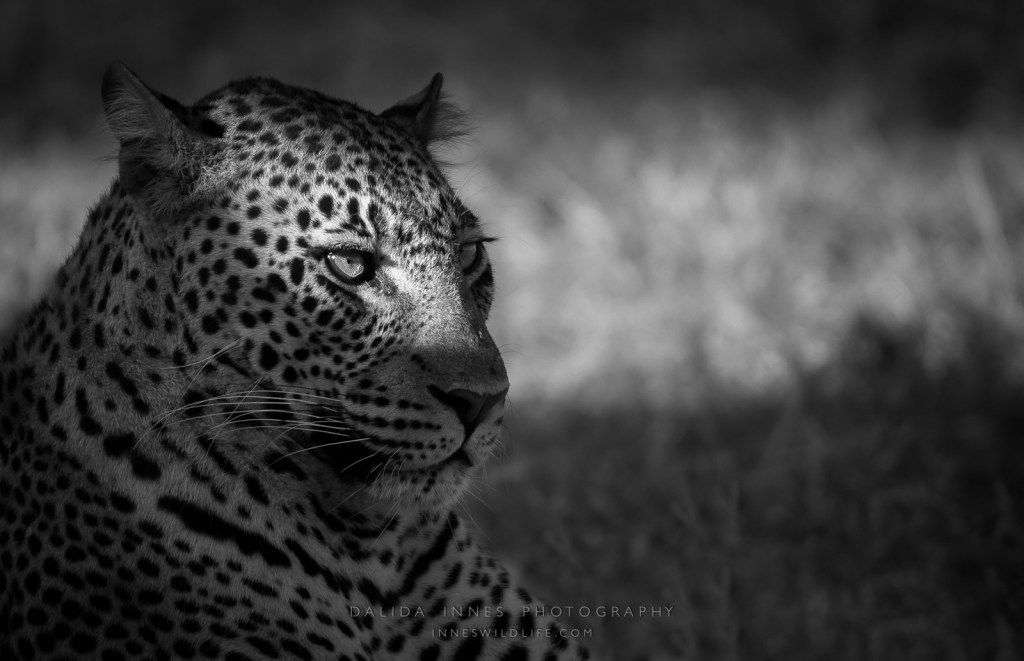
The conversion of forest habitats and savanna systems to agriculture, livestock farming and urban sprawl have significantly reduced Leopard range. Though exceptions exist (Athreya et al. 2013), this conversion typically leads to the depletion of natural prey species through poaching thereby reducing the natural prey base in these areas.


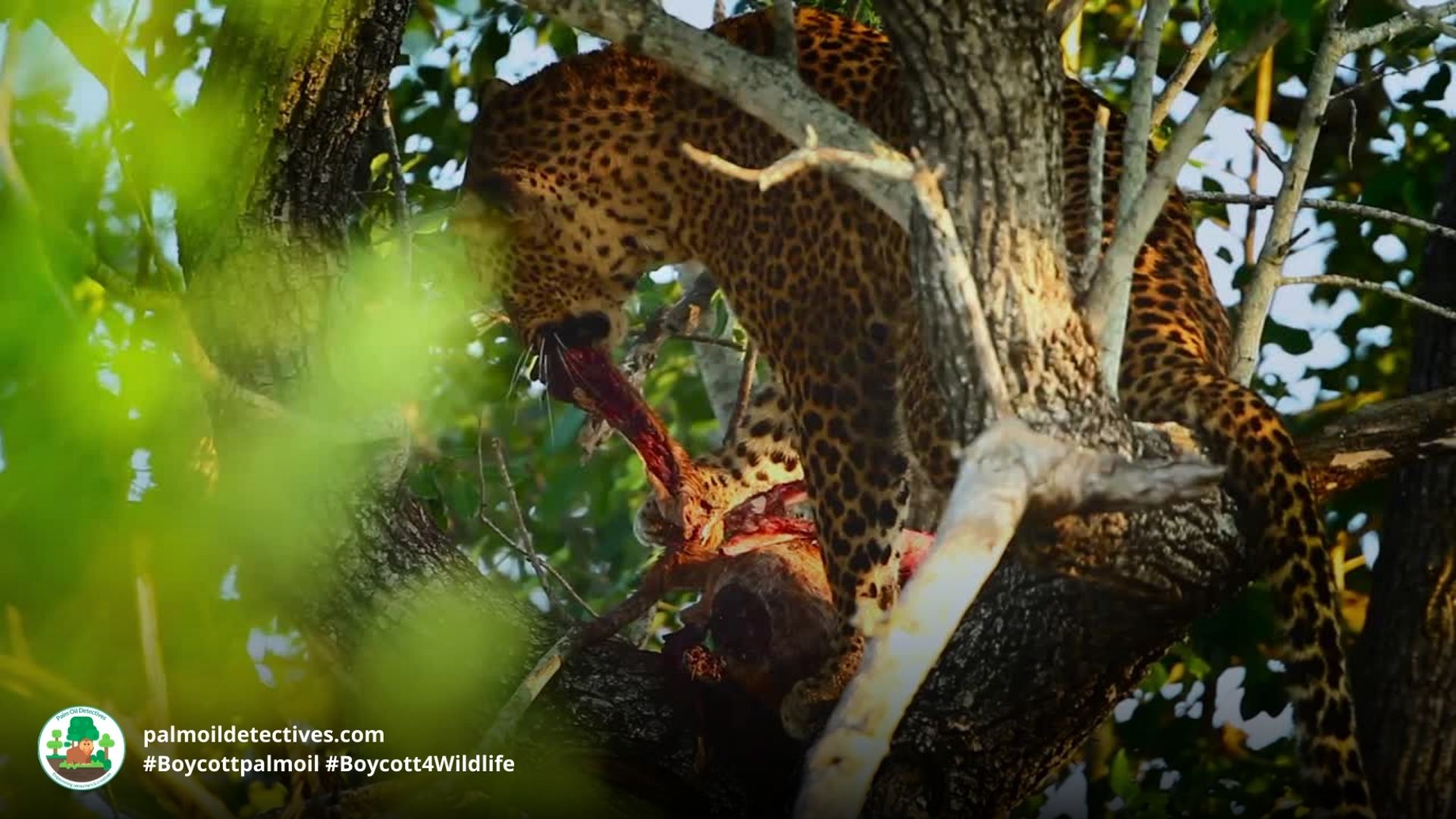

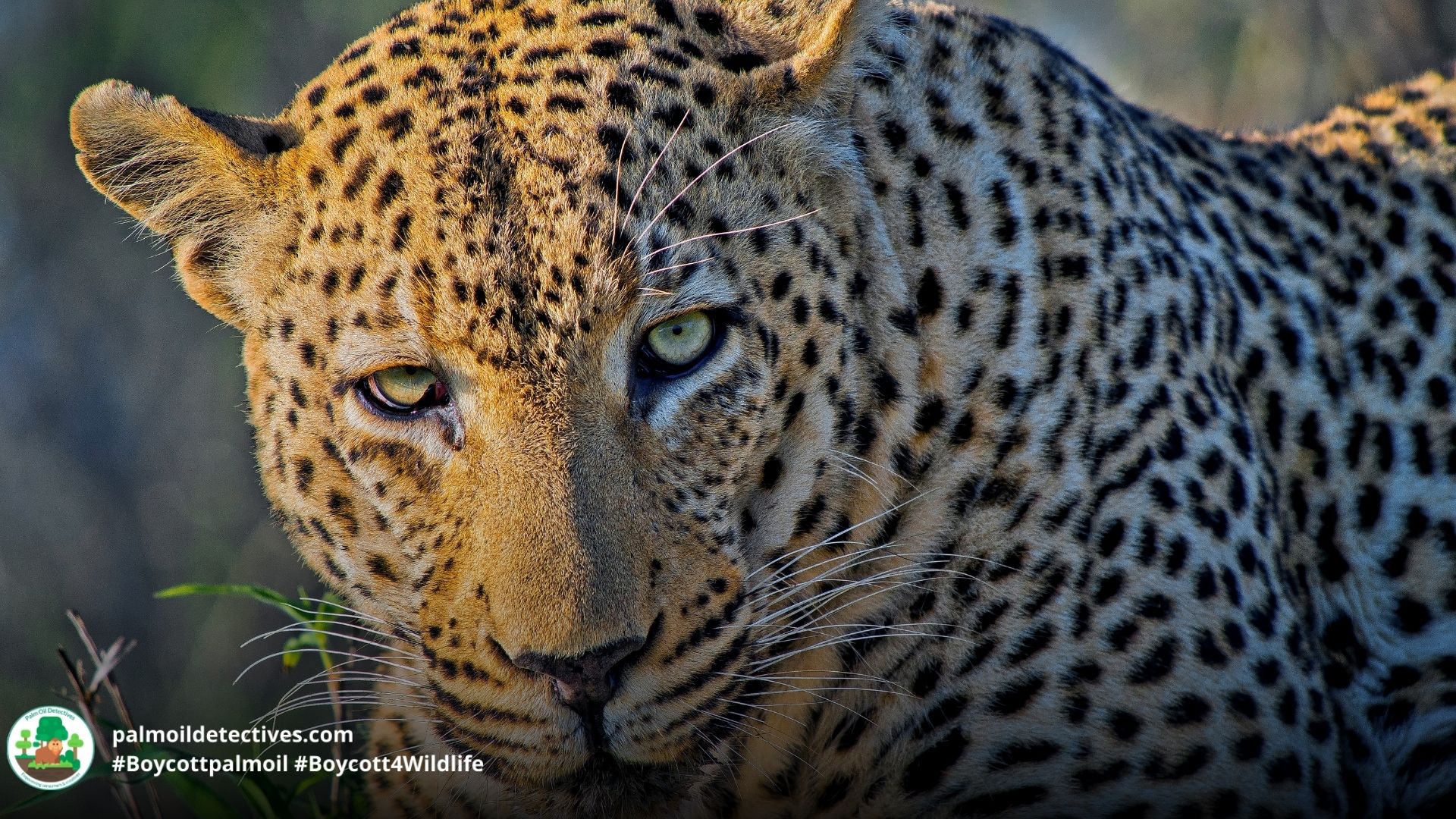
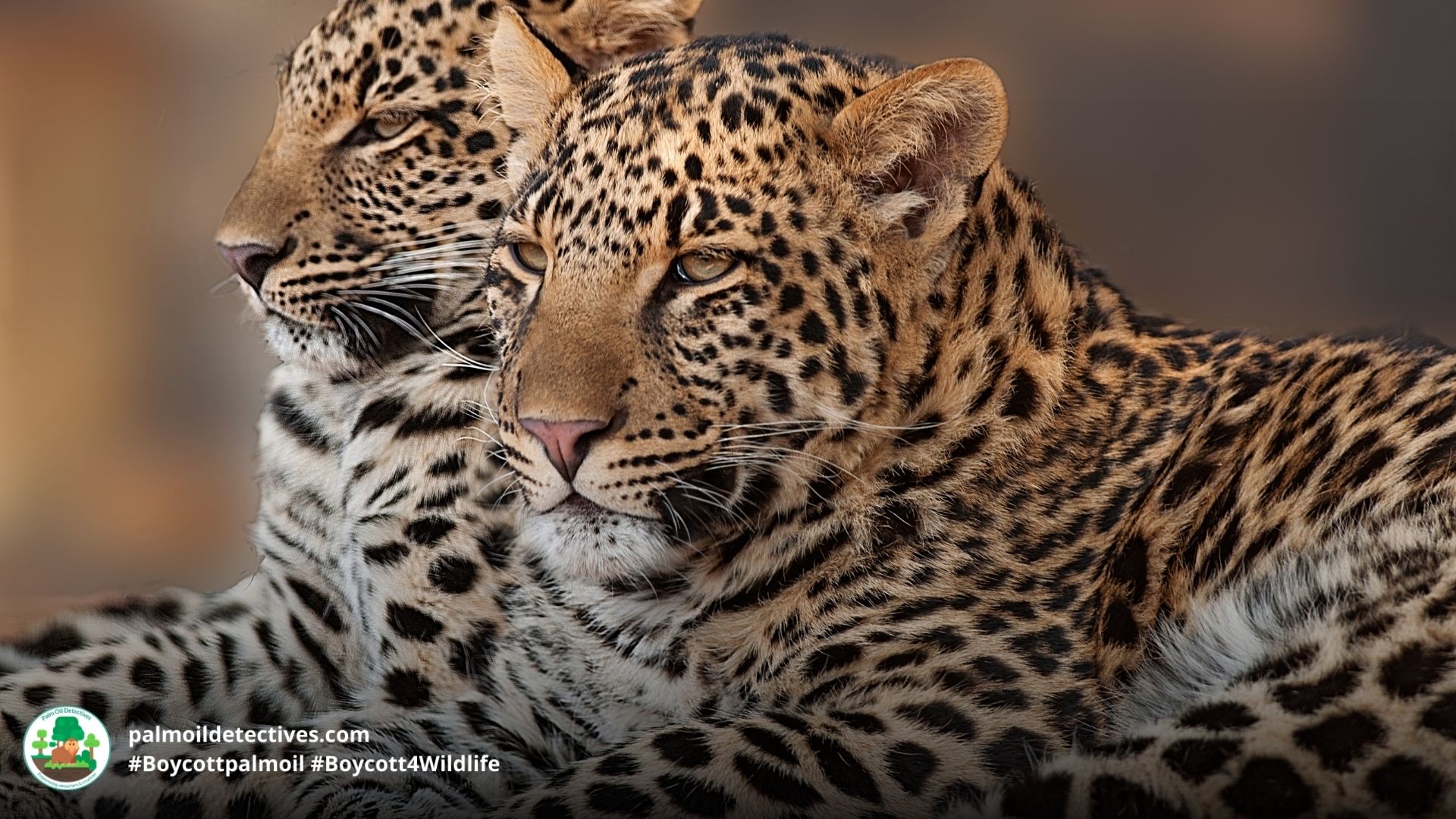


Support the conservation of this species

Further Information

Stein, A.B., Athreya, V., Gerngross, P., Balme, G., Henschel, P., Karanth, U., Miquelle, D., Rostro-Garcia, S., Kamler, J.F., Laguardia, A., Khorozyan, I. & Ghoddousi, A. 2020. Panthera pardus (amended version of 2019 assessment). The IUCN Red List of Threatened Species 2020: e.T15954A163991139. https://dx.doi.org/10.2305/IUCN.UK.2020-1.RLTS.T15954A163991139.en. Downloaded on 09 March 2021.
Dalida Innes Wildlife Photography
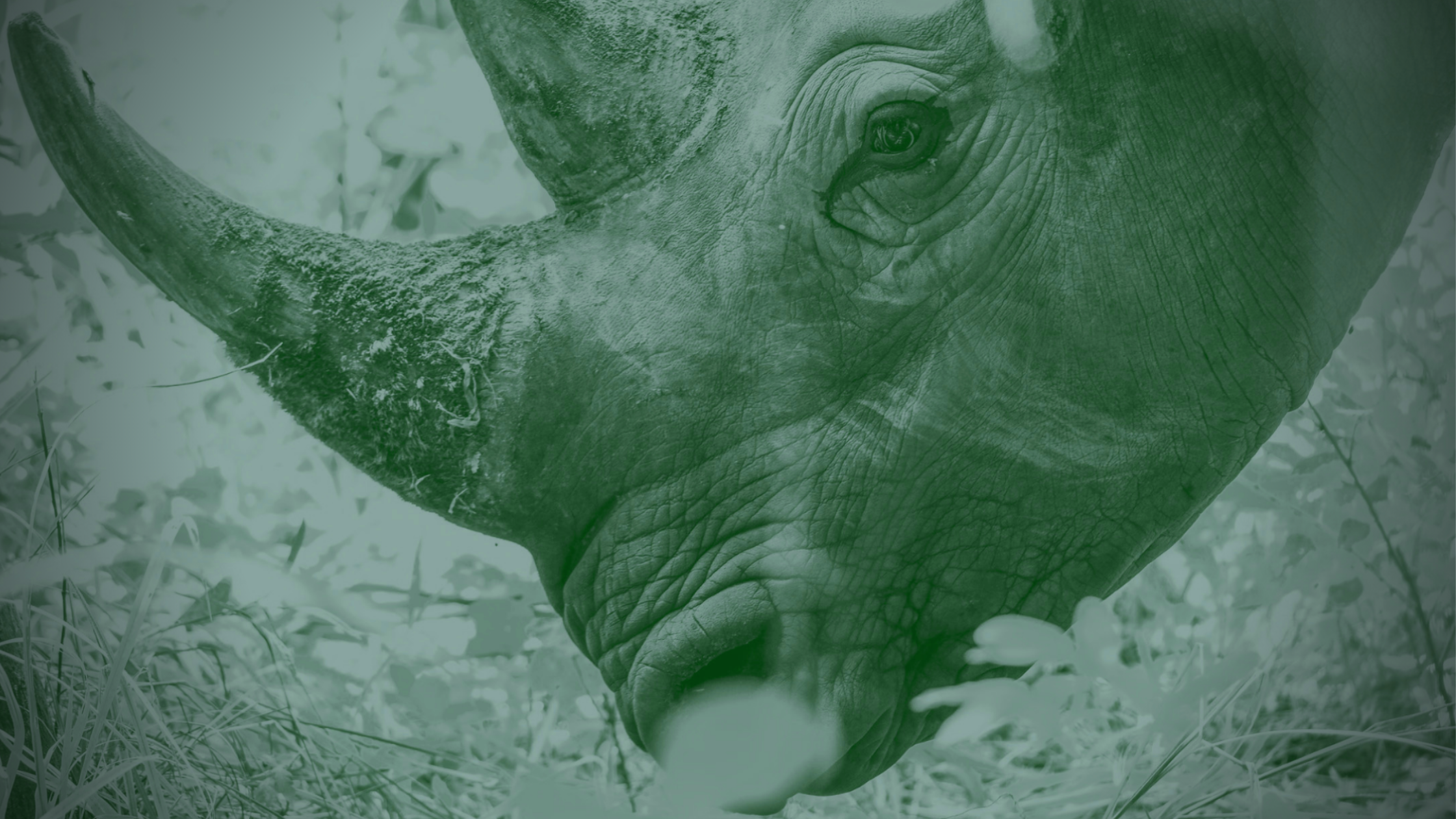
How can I help the #Boycott4Wildlife?
Contribute in five ways
1. Join the #Boycott4Wildlife on social media and subscribe to stay in the loop: Share posts from this website to your own network on Twitter, Mastadon, Instagram, Facebook and Youtube using the hashtags #Boycottpalmoil #Boycott4Wildlife.
2. Contribute stories: Academics, conservationists, scientists, indigenous rights advocates and animal rights advocates working to expose the corruption of the palm oil industry or to save animals can contribute stories to the website.
3. Supermarket sleuthing: Next time you’re in the supermarket, take photos of products containing palm oil. Share these to social media along with the hashtags to call out the greenwashing and ecocide of the brands who use palm oil. You can also take photos of palm oil free products and congratulate brands when they go palm oil free.
4. Take to the streets: Get in touch with Palm Oil Detectives to find out more.
5. Donate: Make a one-off or monthly donation to Palm Oil Detectives as a way of saying thank you and to help pay for ongoing running costs of the website and social media campaigns. Donate here




